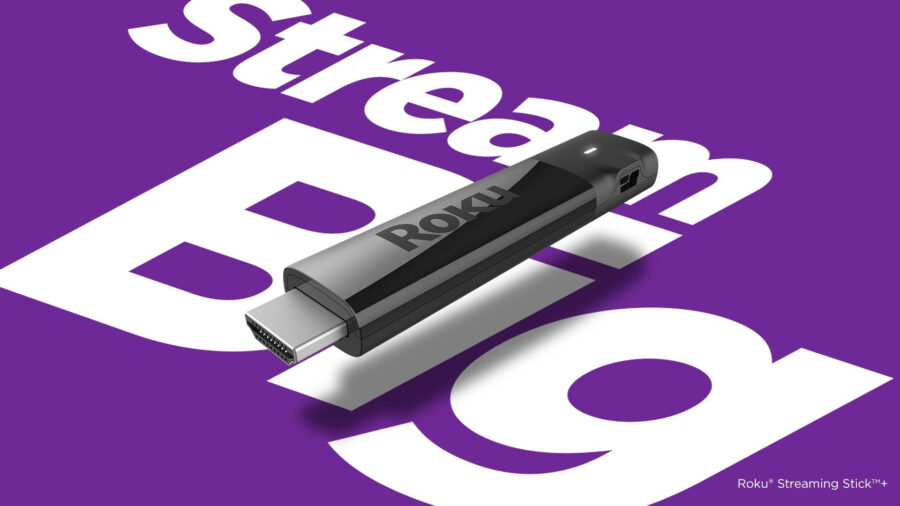Roku In Shambles After Bank Failure, Shutting Down?
Roku lost over a quarter of its funds in the collapse of Silicon Valley Bank.

Unless you’re a recluse like Jack Nicholson, you’re probably familiar with the recent collapse of Silicon Valley Bank. SVB was America’s 16th-largest bank, and when it went under quicker than The Flash on Friday, it became the largest bank failure since Washington Mutual’s failure back in 2008. Consumers and corporations are going to be feeling these effects for a very long time, and now Deadline reports that this bank failure may cause Roku to shut down entirely. The reason why Roku is in so much trouble is quite simple: the company had 26 percent of its cash at Silicon Valley Bank, and most of that money was uninsured.
The FDIC insures money deposited at the bank up to $250,000, and that is more than enough to protect the average consumer from things like a bank going under. But larger corporations like Roku and even Roblox keep much more than $250,000 in the bank, and whether they will be able to get most or even any of that money back is now in question.
For example, Roku had a whopping $487 million of its cash and cash equivalents held at Silicon Valley Bank. On paper, what happens now is that the FDIC will work to sell off as many bank assets as possible in order to pay back as much money as possible to uninsured depositors. And while SVB themselves remain confident that this will be enough to pay everyone back, they also didn’t think they’d be going under anytime soon, so the bank’s reassurances aren’t worth much right now.

And while there was obviously no good time for this to happen, this may just be the worst timing for Roku as a company. The corporation was already losing its longtime CFO Steve Louden and announced just this past Wednesday that former Stitch Fix executive Dan Jedda would be taking over. These kinds of administrative shakeups can always be rough on existing staff, and now it looks like Jedda could be dealing with the major financial fallout of the SVB drama once he starts as CFO on May 1.
The one sliver of good news for Roku in all of this is that, at the bare minimum, they still have enough cash on hand to meet various financial obligations for the next 12 months. With any luck, this will be enough to reassure frightened employees and investors who worry this bad news could instantly put Roku under. And with still more luck, the company may recover most or all of its money by then, especially with politicians like Eric Swalwell agitating to raise the FDIC cap and pay back everything depositors are owed, even if it exceeds $250,000.
In other words, the future is very much in flux for Roku. While everyone remains hopeful for a better resolution (like with the sudden salvation of AMC), the blunt truth is that the company risks losing more than a quarter of its cash from this debacle, and whether or not it can recover from this and stay competitive against companies like Netflix is an open question. And whether Roku lives or dies, the sheer number of companies affected by the SVB bank failure means that our entertainment landscape may never be the same again.










